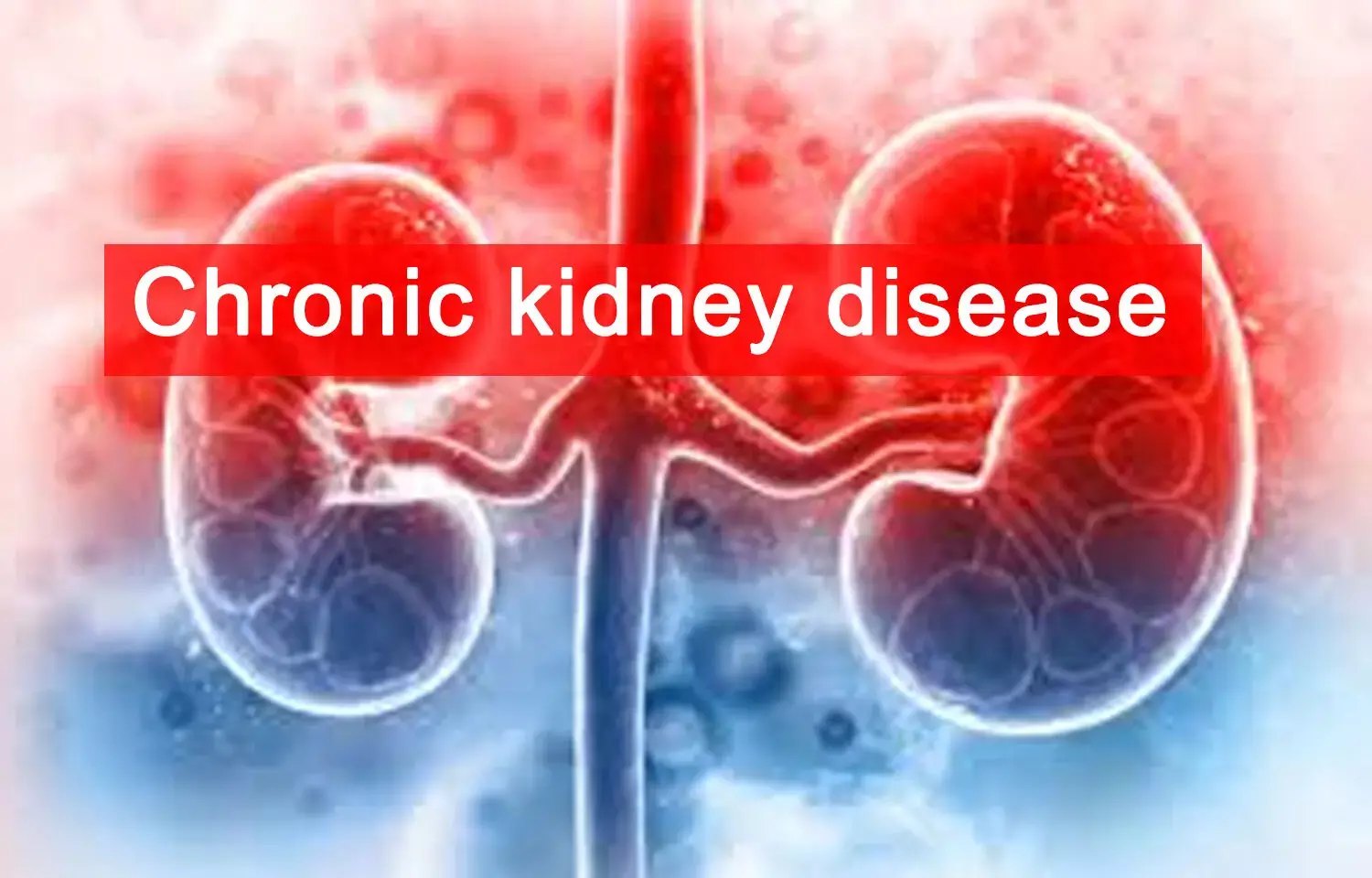- Home
- Medical news & Guidelines
- Anesthesiology
- Cardiology and CTVS
- Critical Care
- Dentistry
- Dermatology
- Diabetes and Endocrinology
- ENT
- Gastroenterology
- Medicine
- Nephrology
- Neurology
- Obstretics-Gynaecology
- Oncology
- Ophthalmology
- Orthopaedics
- Pediatrics-Neonatology
- Psychiatry
- Pulmonology
- Radiology
- Surgery
- Urology
- Laboratory Medicine
- Diet
- Nursing
- Paramedical
- Physiotherapy
- Health news
- Fact Check
- Bone Health Fact Check
- Brain Health Fact Check
- Cancer Related Fact Check
- Child Care Fact Check
- Dental and oral health fact check
- Diabetes and metabolic health fact check
- Diet and Nutrition Fact Check
- Eye and ENT Care Fact Check
- Fitness fact check
- Gut health fact check
- Heart health fact check
- Kidney health fact check
- Medical education fact check
- Men's health fact check
- Respiratory fact check
- Skin and hair care fact check
- Vaccine and Immunization fact check
- Women's health fact check
- AYUSH
- State News
- Andaman and Nicobar Islands
- Andhra Pradesh
- Arunachal Pradesh
- Assam
- Bihar
- Chandigarh
- Chattisgarh
- Dadra and Nagar Haveli
- Daman and Diu
- Delhi
- Goa
- Gujarat
- Haryana
- Himachal Pradesh
- Jammu & Kashmir
- Jharkhand
- Karnataka
- Kerala
- Ladakh
- Lakshadweep
- Madhya Pradesh
- Maharashtra
- Manipur
- Meghalaya
- Mizoram
- Nagaland
- Odisha
- Puducherry
- Punjab
- Rajasthan
- Sikkim
- Tamil Nadu
- Telangana
- Tripura
- Uttar Pradesh
- Uttrakhand
- West Bengal
- Medical Education
- Industry
Proton pump inhibitors may increase risk of acute kidney injury after cardiac surgery

San Diego - Acute kidney injury (AKI), an abrupt decline in kidney function, often arises after major surgeries.
Certain reflux and ulcer medications known as Proton pump inhibitors used for reducing stomach acid may elevate risk of developing acute kidney injury in patients following cardiac surgery.
The findings will be presented online at ASN Kidney Week 2021 November 4–November 7.
Proton pump inhibitors (PPIs) are among the most common classes of medications prescribed. They are used for preventing ulcer complications related to use of nonsteroidal anti-inflammatory drugs (NSAIDs), managing gastroesophageal reflux disease and ulcer bleeding, prophylaxis of stress ulcers, and preventing gastrointestinal risks in patients receiving anticoagulation.
The study included medical information from 2 groups. The Severance cardiac surgery cohort consisted of 6,555 adults who underwent cardiac surgery between 2011 and 2020. The National Health Insurance Service-senior cohort included 2,939 older adults who underwent cardiac surgery between 2004 and 2015.
In the Severance cardiac surgery cohort, the rate of Acute kidney injury requiring dialysis was 5.5% in those who used proton pump inhibitors (PPIs) and 3.2% in those who did not. In-hospital mortality rates were 4.7% and 3.2%, respectively. After adjustments protone pump inhibitors use was linked with a 2.2-times higher odds of developing AKI requiring dialysis and a 1.53-times higher odds of dying during hospitalization. The other cohort revealed comparable findings, showing that proton pump inhibitors use was linked with a 2.29-times higher odds of acute kidney injury requiring dialysis and a 2.25-times higher odds of in-hospital mortality.
"Our findings suggest that proton pump inhibitors exposure is a modifiable risk factor for cardiac surgery–associated acute kidney injury," said lead author Hee Byung Koh, MD, of Yonsei University, in Seoul. "Stopping PPI before surgery may be a preventive strategy for AKI after cardiac surgery."
Study: "Proton Pump Inhibitor Exposure and Risk of Acute Kidney Injury after Cardiac Surgery"
Hina Zahid Joined Medical Dialogue in 2017 with a passion to work as a Reporter. She coordinates with various national and international journals and association and covers all the stories related to Medical guidelines, Medical Journals, rare medical surgeries as well as all the updates in the medical field. Email: editorial@medicaldialogues.in. Contact no. 011-43720751
Dr Kamal Kant Kohli-MBBS, DTCD- a chest specialist with more than 30 years of practice and a flair for writing clinical articles, Dr Kamal Kant Kohli joined Medical Dialogues as a Chief Editor of Medical News. Besides writing articles, as an editor, he proofreads and verifies all the medical content published on Medical Dialogues including those coming from journals, studies,medical conferences,guidelines etc. Email: drkohli@medicaldialogues.in. Contact no. 011-43720751


